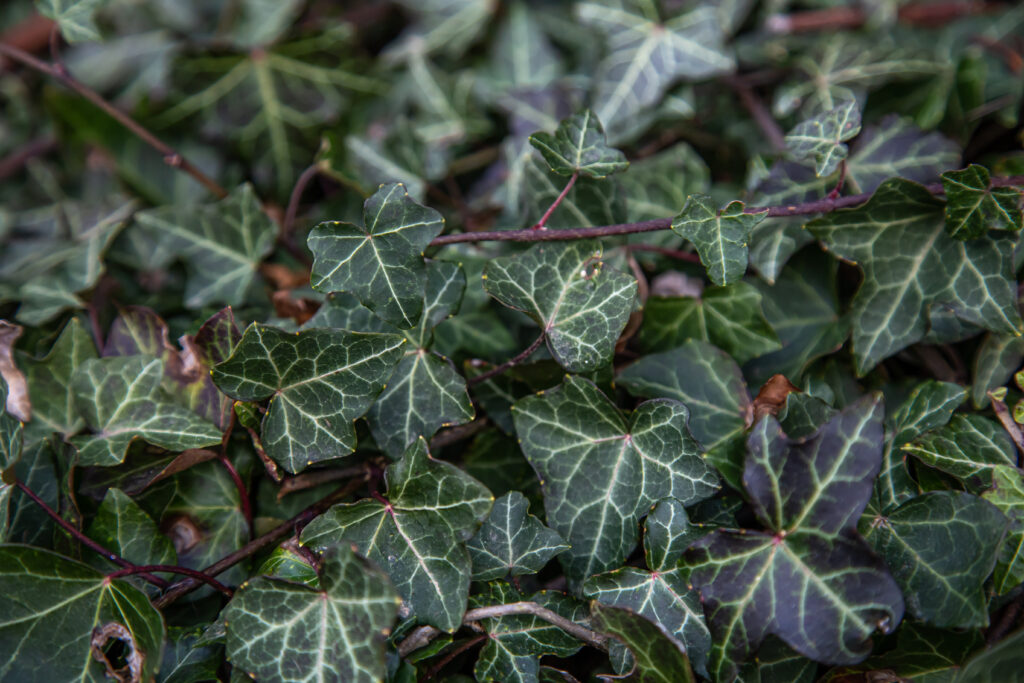There is more to an individual’s susceptibility to developing a reaction to poison ivy than just genetics. There are environmental and other factors that help to determine if a person will have an allergic reaction. Explore some of the things that can cause our skin to react when contacted with poison ivy in the following article.
Why Might Some People Not Have an Allergic Reaction to Poison Ivy?
Some people are not allergic to poison ivy for a variety of reasons. While most people will have an immune response to the plant’s oil, some people may not. Additionally, some people may have a more mild reaction to poison ivy than others.
There are a few different theories as to why some people may not be allergic to poison ivy. One theory is that the body’s immune system simply does not recognize the plant’s oil as an irritant. Another theory posits that repeated exposure to poison ivy can lead to a decreased sensitivity to the plant’s oil.
It’s also worth noting that not everyone will have the same reaction to poison ivy. Some people may experience only a mild itch, while others may develop large blisters.
What are possible reasons someone would be less likely to be allergic
There are a few reasons someone might not be allergic to poison ivy, even though it’s pretty common. One reason is that they could have a genetic resistance to the poison ivy allergens. Another reason is if they’ve been regularly exposed to poison ivy and have built up immunity to it over time. Or, they could simply have never come into contact with it before and haven’t had a chance to develop an allergy.
What are some signs of a possible allergic reaction to poison ivy?
If you suspect you may be allergic to poison ivy, there are a few key signs and symptoms to look out for. These include:
– Intense itching
– Red, swollen skin
– Blisters or bumps on the skin
– Painful burning sensation
– Fever
If you experience any of these symptoms after coming into contact with poison ivy, it’s important to seek medical attention immediately.
Why do people’s reactions differ?
Different people have different reactions to poison ivy because of their unique physiology and genetics. Some people are more sensitive to the plant’s oils than others, and this can cause varying degrees of reactions. For some, poison ivy may cause a mild itch or rash, while for others it can lead to severe swelling, blisters, and even anaphylactic shock. It is important to be aware of your own individual reaction to poison ivy and take steps to avoid exposure if possible.
Triggers for Poison Ivy
There are several triggers that can cause poison ivy to appear. These include:
• Touching the leaves of the poison ivy plant
• Coming into contact with the sap of the poison ivy plant
• Brushing against the poison ivy plant
• Getting the sap of the poison ivy plant on your skin
• Wearing clothing that has come into contact with the sap of the poison ivy plant
Conclusion and information for those currently experiencing a rash
If you have a poison ivy rash, it is best to contact your local healthcare provider or Poison Control Center (1-800-222-1222).
In the meantime, there are some things you can do to help relieve the itching and blistering:
Cool the area with cool compresses or a cool bath.
Avoid scratching the rash. Scratching can break open the blisters and lead to infection.
Apply a calamine lotion or hydrocortisone cream to the rash.
Take an oral antihistamine such as diphenhydramine (Benadryl) to help relieve itching.
